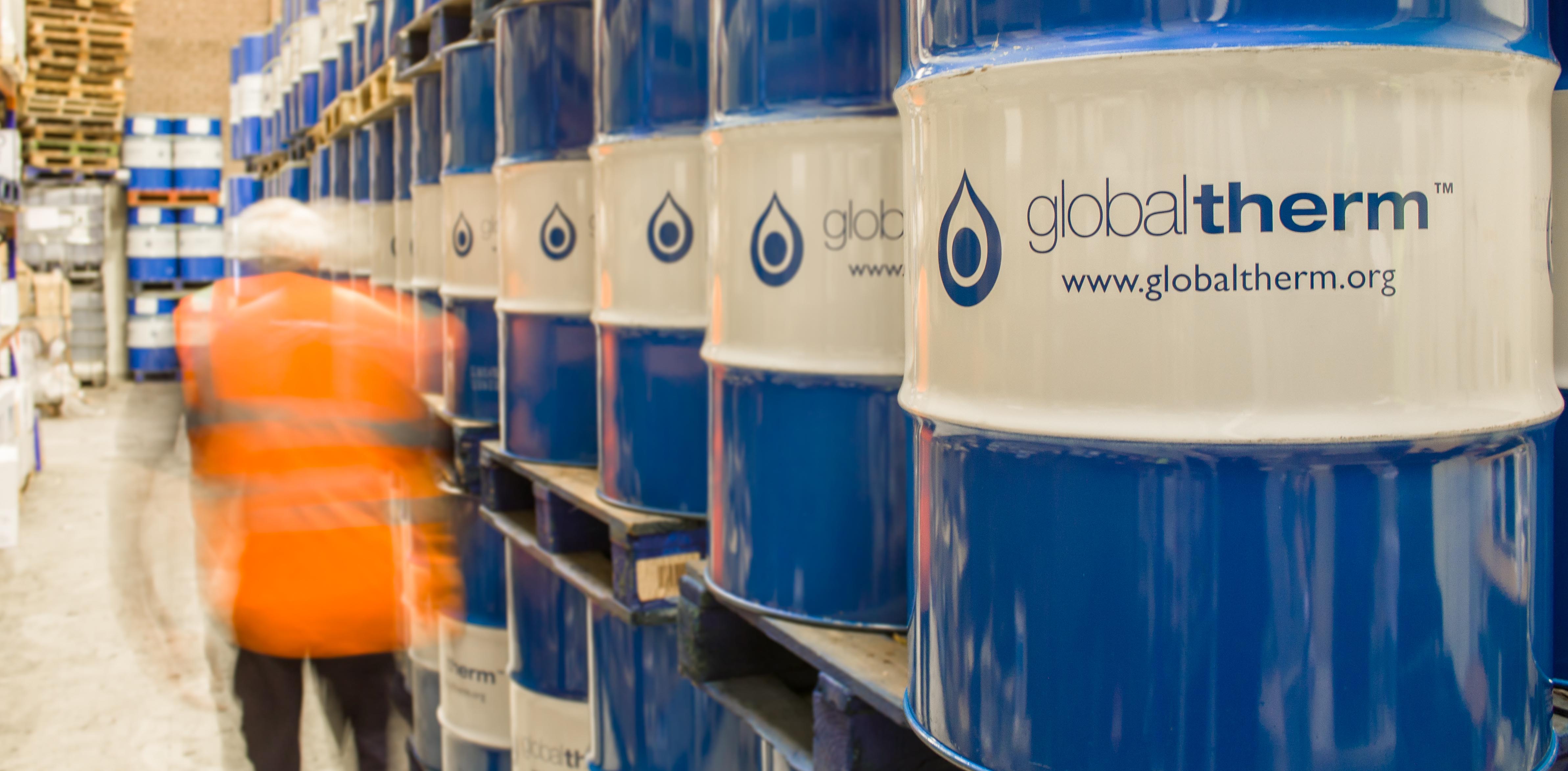The Importance of Thermal Oil in High-Temperature Systems
Why Selecting the Right Heat Transfer Fluid Is Vital for Optimal System Performance
Selecting a suitable heat transfer fluid is a pivotal decision that can substantially impact system effectiveness and operational expenses. The best liquid not only enhances thermal efficiency however also ensures longevity and reliability of devices, minimizing the danger of pricey downtimes. Key homes such as thermal conductivity, viscosity, and thermal security has to be meticulously examined to enhance power intake and prevent possible failures. As the implications of this selection expand much past instant performance, understanding the nuances of liquid option ends up being essential for anyone seeking to accomplish optimum system efficiency. What elements should be focused on in this important decision-making procedure?
Relevance of Heat Transfer Fluids
What duty do warm transfer liquids play in industrial procedures? Warm transfer fluids are necessary for the reliable transfer of thermal energy within numerous industrial systems.
The option of warmth transfer fluid can substantially influence energy effectiveness, safety and security, and devices long life. Fluids must be capable of enduring high temperatures and pressures without breaking down, as well as exhibition very little volatility and low poisoning. Their efficiency straight influences not just the productivity of the system but additionally its functional prices.
Moreover, heat transfer fluids play an essential role in maintaining process control, guaranteeing that temperature fluctuations are reduced. This is specifically important in delicate applications such as drugs and petrochemicals, where exact temperature level administration is important. Generally, the significance of choosing the appropriate warm transfer fluid can not be overemphasized, as it is integral to optimizing commercial procedures and enhancing total system efficiency.
Secret Quality to Think About
When selecting a warm transfer liquid, which crucial homes should be focused on to make certain ideal performance? Thermal conductivity is important; a fluid with high thermal conductivity will effectively move warmth, decreasing power loss. In addition, the specific heat capacity of the liquid is important, as it determines just how much power the liquid can launch and keep, affecting overall system responsiveness.
Thickness is another considerable building to consider, as it affects the fluid's flow attributes; lower thickness fluids are generally preferred for less complicated blood circulation and lowered pumping energy. The liquid's temperature range is similarly important; it must carry out effectively within the operational temperatures of the system without evaporating or deteriorating.
Consider the environmental impact and security account of the fluid, as policies and sustainability goals significantly affect fluid selection. By prioritizing these essential properties, one can select a warmth transfer liquid that improves system durability and integrity.

Effect On System Efficiency
The selection of heat transfer fluid straight affects system performance, impacting both power intake and operational efficiency. A liquid's thermal conductivity, viscosity, and warmth capacity play crucial duties in how efficiently it moves heat within a system. Optimum liquid residential properties ensure that warm is taken in and distributed effectively, decreasing energy losses and improving the total performance of the system.

Moreover, the compatibility of the fluid with system products can significantly influence efficiency. A fluid that causes deterioration or degradation can lead to leaks and system failures, further diminishing effectiveness. In recap, the best warm transfer fluid not just makes best use of power efficiency and reduces prices yet additionally boosts the reliability and longevity of the system, making it a vital factor to consider for engineers and decision-makers in thermal administration applications.
Common Kinds of Heat Transfer Fluids
A variety of warmth transfer liquids are typically used in thermal monitoring systems, each with unique homes matched to details applications. Water is just one of one of the most commonly made use of heat transfer fluids because of its high details warmth capacity, affordable, and availability. Its freezing factor restricts its use in low-temperature applications.
Thermal oils, usually stemmed from petroleum, are another popular choice, especially in high-temperature systems. These fluids can run at elevated temperatures without evaporating, making them suitable for commercial applications. They may have restrictions worrying thermal security.
Refrigerants, utilized mainly in cooling down systems, have distinct thermodynamic residential properties that enable efficient warmth transfer at reduced temperature levels. Their option is crucial to ensure efficiency and conformity with ecological laws.

In enhancement, phase adjustment materials (PCMs) are getting grip for their capacity to soak up and launch significant amounts of warmth throughout stage shifts, supplying an one-of-a-kind service for thermal power storage space. Each liquid's particular qualities have to be examined for optimum efficiency.
Finest Practices for Choice
Selecting the appropriate heat transfer fluid entails cautious factor to consider of numerous essential aspects that line up with the specific needs of the application. Second, take into consideration the fluid's thermal conductivity, which impacts warm transfer prices; higher thermal conductivity usually leads to enhanced performance.
Furthermore, assess the liquid's thickness, as it affects pumping energy and total system performance. Lower thickness liquids usually minimize energy usage during flow. Compatibility with system products is another important facet; make certain that the fluid does not create rust or deterioration of pipes and parts.
Following, think about the liquid's security and long life, especially in high-temperature applications. A stable liquid lessens maintenance and replacement expenses. Ecological and security regulations must direct your option procedure, emphasizing safe and environmentally pleasant options when possible.
Final Thought
In verdict, choosing the proper heat transfer liquid is important for attaining optimum system performance. The ideal fluid enhances thermal conductivity, minimizes power losses, and advertises equipment long life, eventually leading to enhanced system dependability and efficiency.
Warmth transfer liquids are essential for the effective reference transfer of thermal power within click for more various commercial systems. In addition, the certain warm capability of the fluid is vital, as it identifies how much energy the liquid can release and store, impacting overall system responsiveness.
Take into consideration the ecological influence and safety and security account of the liquid, as regulations and sustainability goals progressively influence liquid selection - thermal oil. A liquid's thermal conductivity, viscosity, and warm capacity play essential roles in just how efficiently it moves heat within a system. Water is one of the most extensively used warm transfer fluids due to its high certain heat capability, reduced cost, and schedule